This year’s
American Association of Cancer Research annual meeting was overrun with therapeutic strategies to induce immune responses as treatment for multiple tumor indications thanks in large part to Merck’s disclosure of late phase clinical trial results showing therapeutic superiority of pembrolizumab (anti-PD-1 mAb) therapy for metastatic melanoma.
Additional presentations from Merck, BMS and Genentech demonstrated efficacy in early stage trials of immuno-oncology single treatments and combinatorial therapies for multiple indications including lung, breast, skin and other solid tumors. Further immuno-oncology approaches demonstrating exciting clinical progress included the “CART” therapies, a series of novel genetically modified T cell therapies whereby a chimeric antigen receptor is introduced into T cell populations and leveraged to thwart lymphomas among other tumor types. When it comes to the future of oncology treatments, the day of the immunologist is upon us.
The Concern with Immune Targeting Therapy Development
Despite this clinical success, one pressing concern with immune targeting therapy development is that pre-clinical assessment of efficacy remains a challenge. Oftentimes fully-humanized, clinically approved antibody therapies have limited cross-reactivity on the mouse immune system, resulting in poor prediction of efficacy in traditional mouse models. This further complicates new drug development when current clinical versions of immune checkpoint inhibitor drugs like Ipilimumab are paired for efficacy determination with new drug candidates. To begin to address this, new data presented at AACR included some of the first studies to assess immune checkpoint inhibitor efficacy in humanized immune system mouse models where functioning human immune cells are suitable for targeting with drugs like Ipilimumab.
 View the Taconic webinars:
View the Taconic webinars:
Humanized Immune System Mice
One study, presented by Champions Oncology, a leader in the field of personalized medicine, showed that
humanized immune system mice co-engrafted with patient derived non-small cell lung cancer xenografts demonstrated anti-tumor efficacy when treated with the anti-CTLA-4 antibody Ipilimumab. In addition to tumor responses, Champions Oncology showed activation and expansion of cytotoxic T cells, immune cell infiltration within the tumor, and overall reduction in tumor growth.
The Potential of Drug Discovery and Humanized Mice
This study and other similar presentations at AACR demonstrated the potential of humanized mice to advance
drug discovery in immuno-oncology, and Taconic Biosciences' program in immune system humanization is poised to meet this challenge by providing the most advanced humanized mouse models.
Learn more about Taconic’s cell and tissue humanized mice:
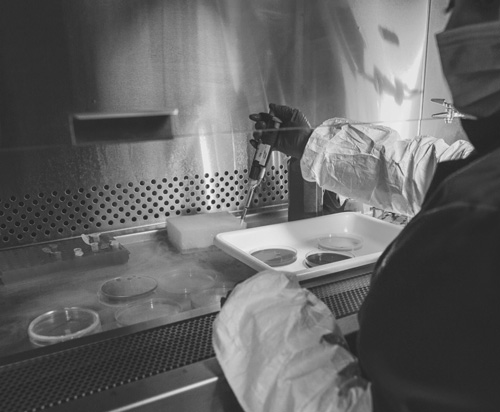






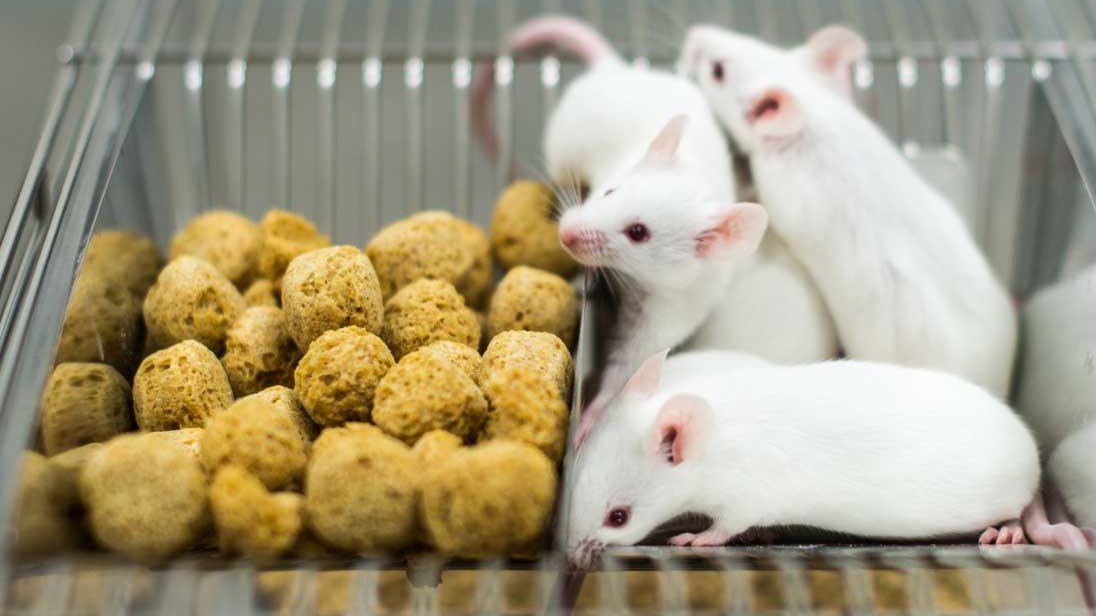
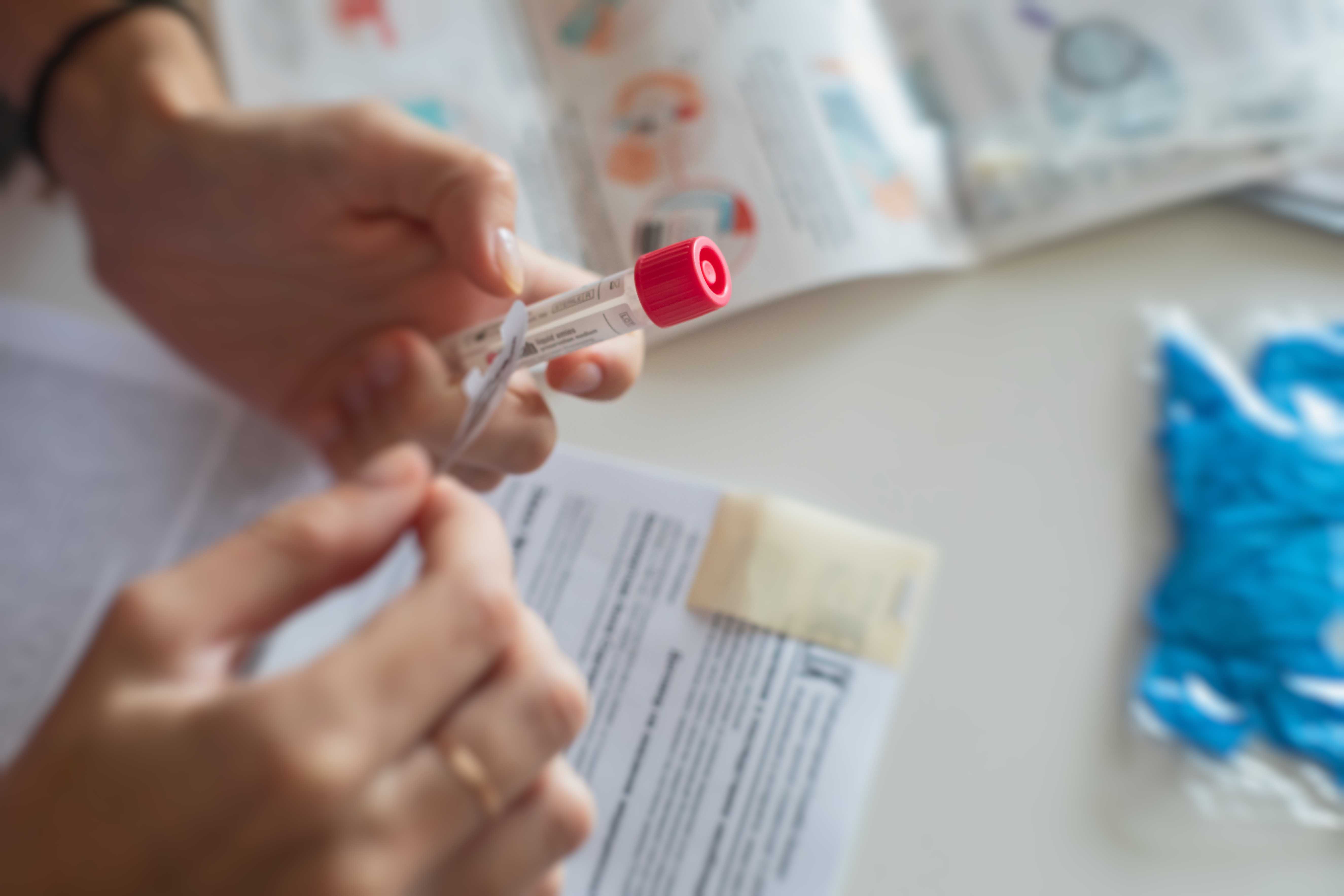







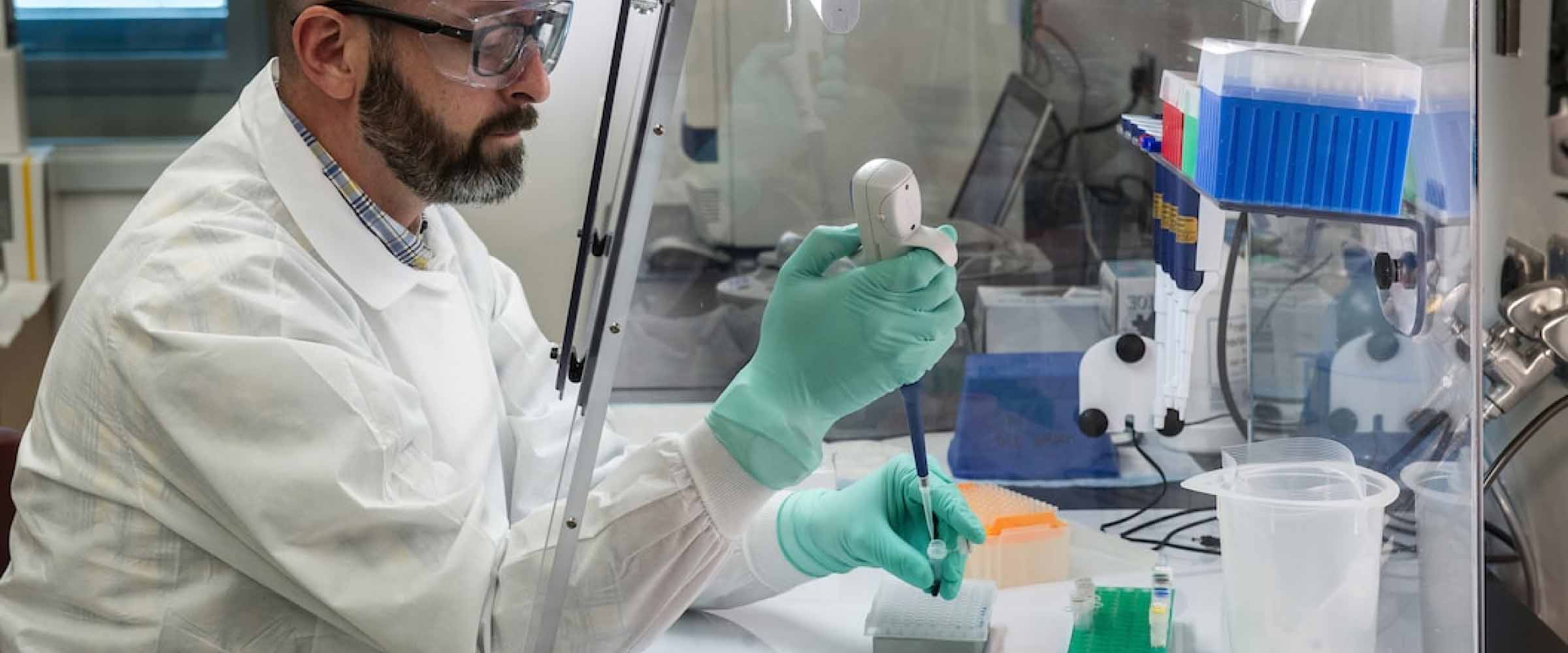
.jpg)

.jpg)
.jpg)
.jpg)
.jpg)
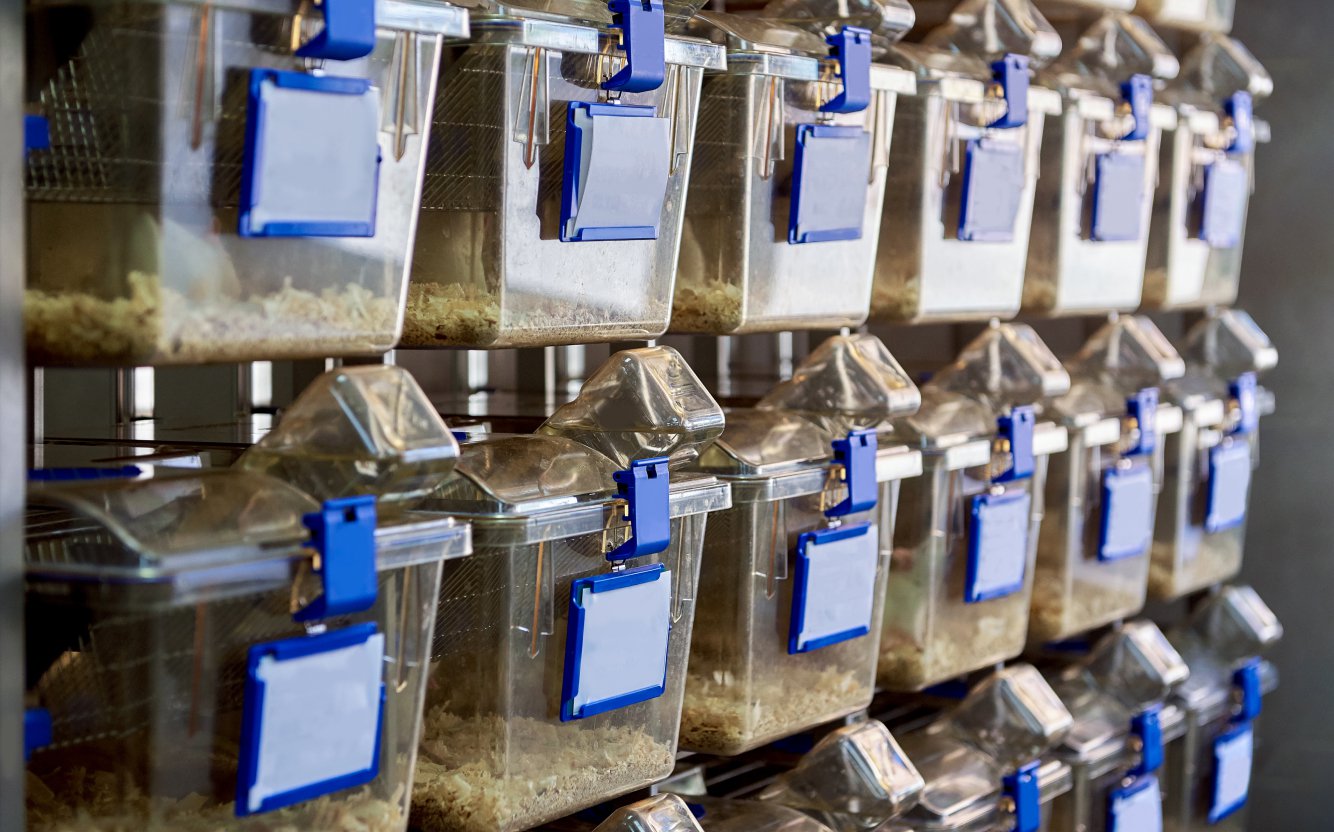
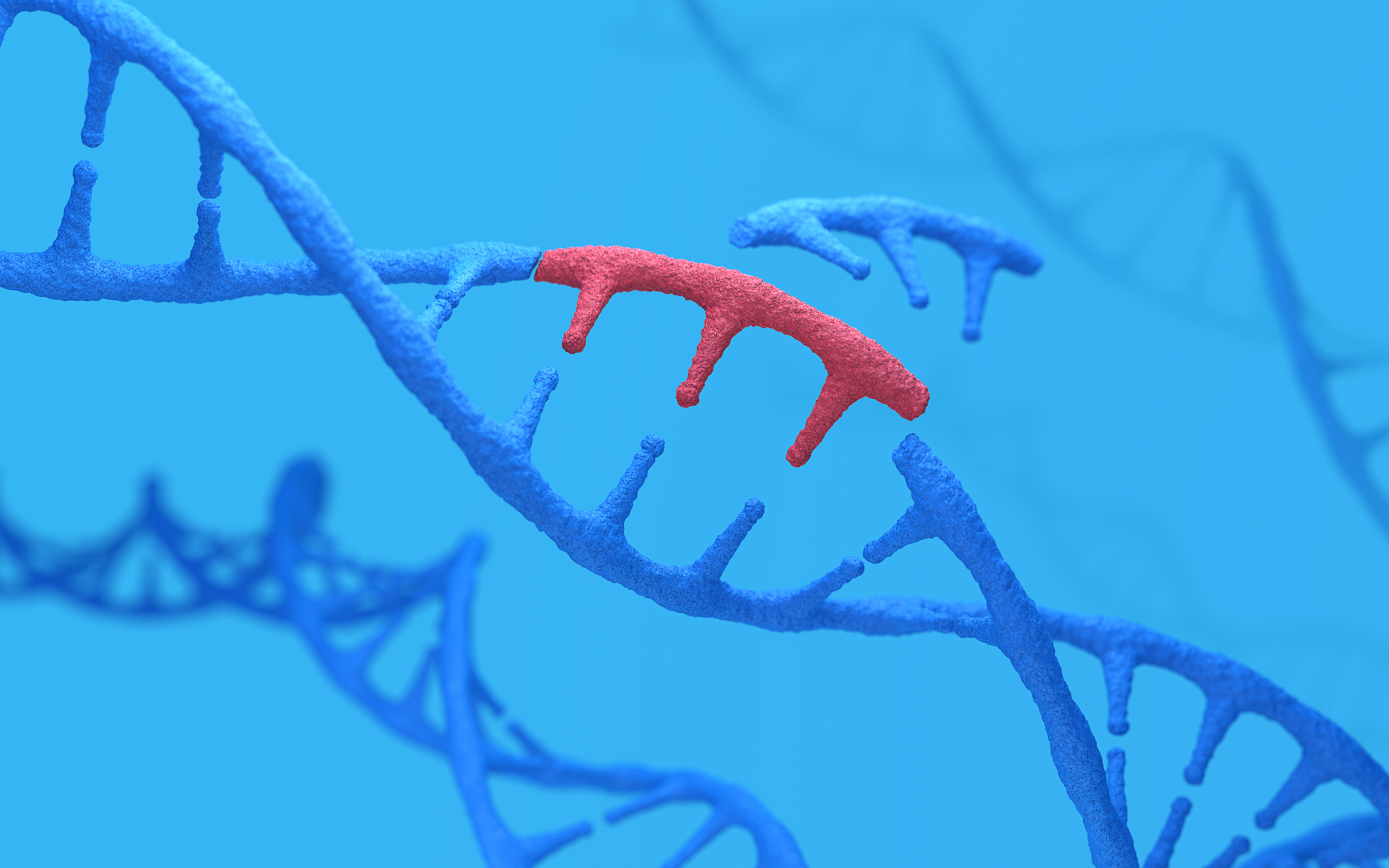
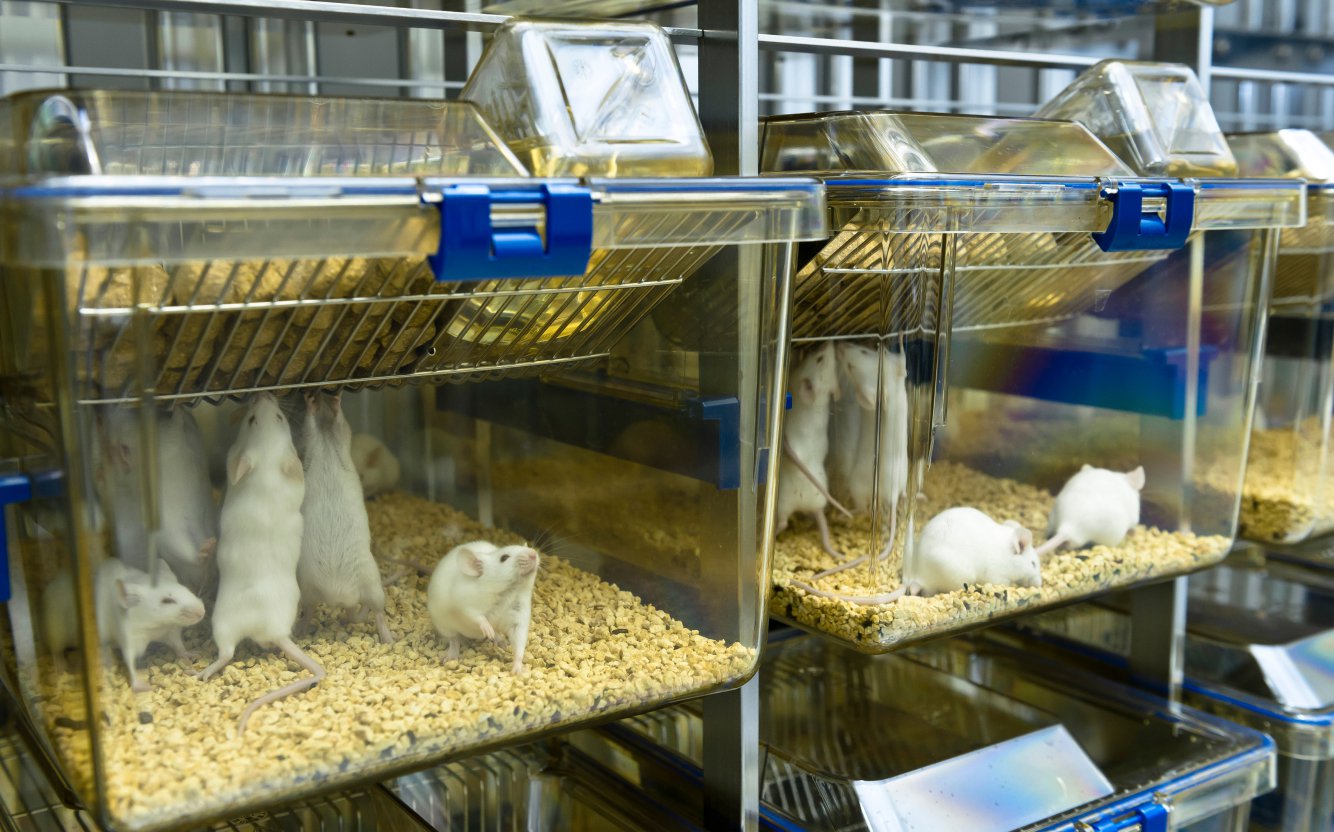


.jpg)

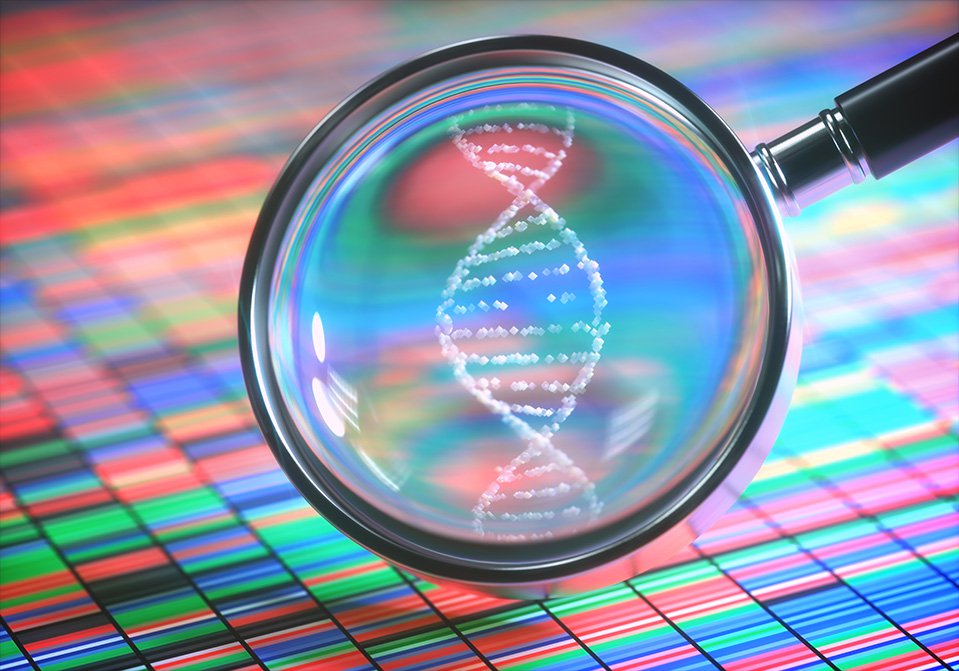
.jpg)
.jpg)

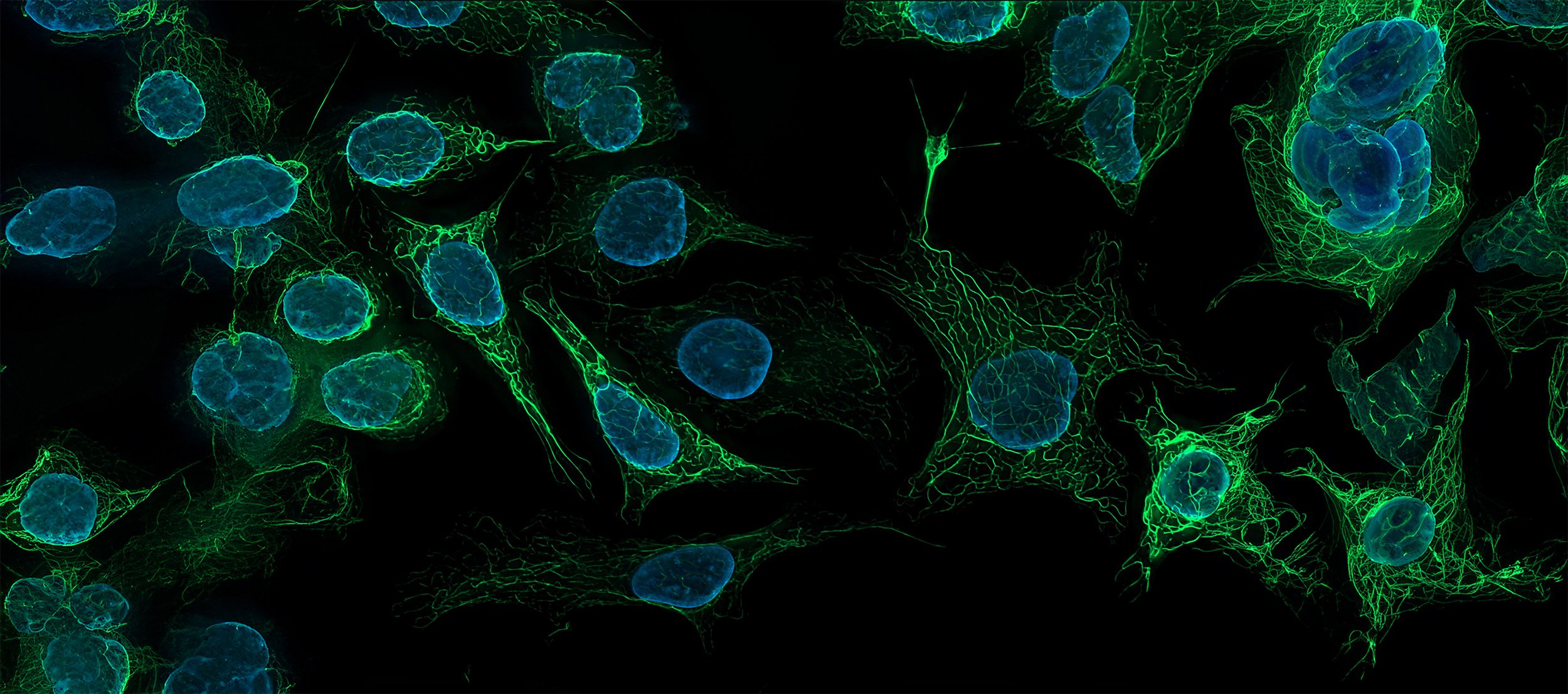
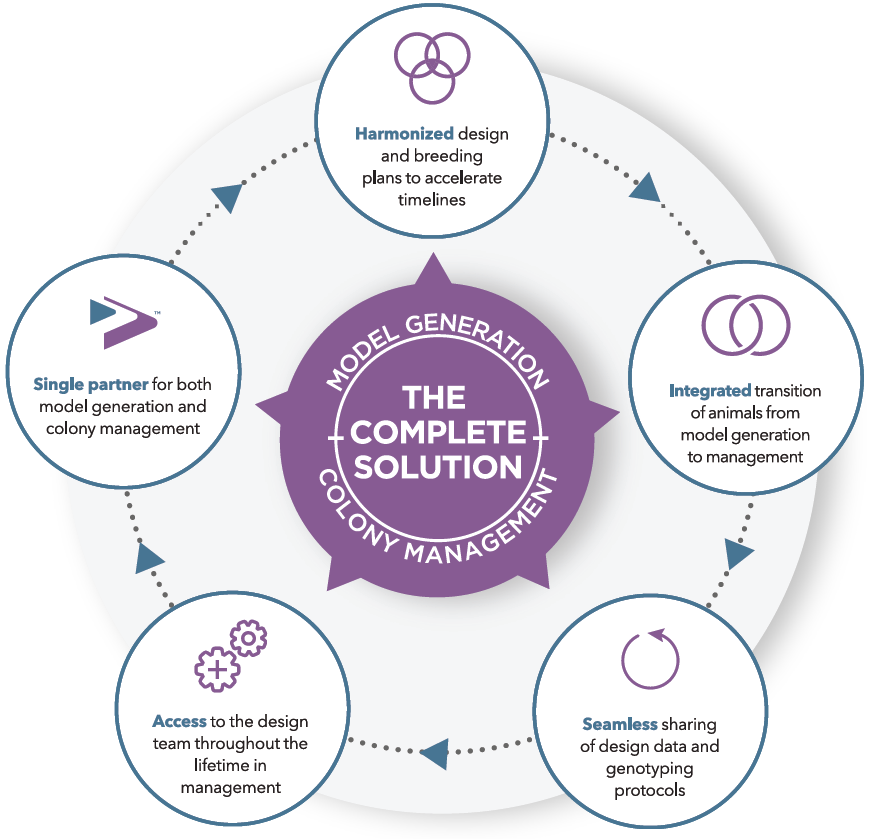

.jpg)



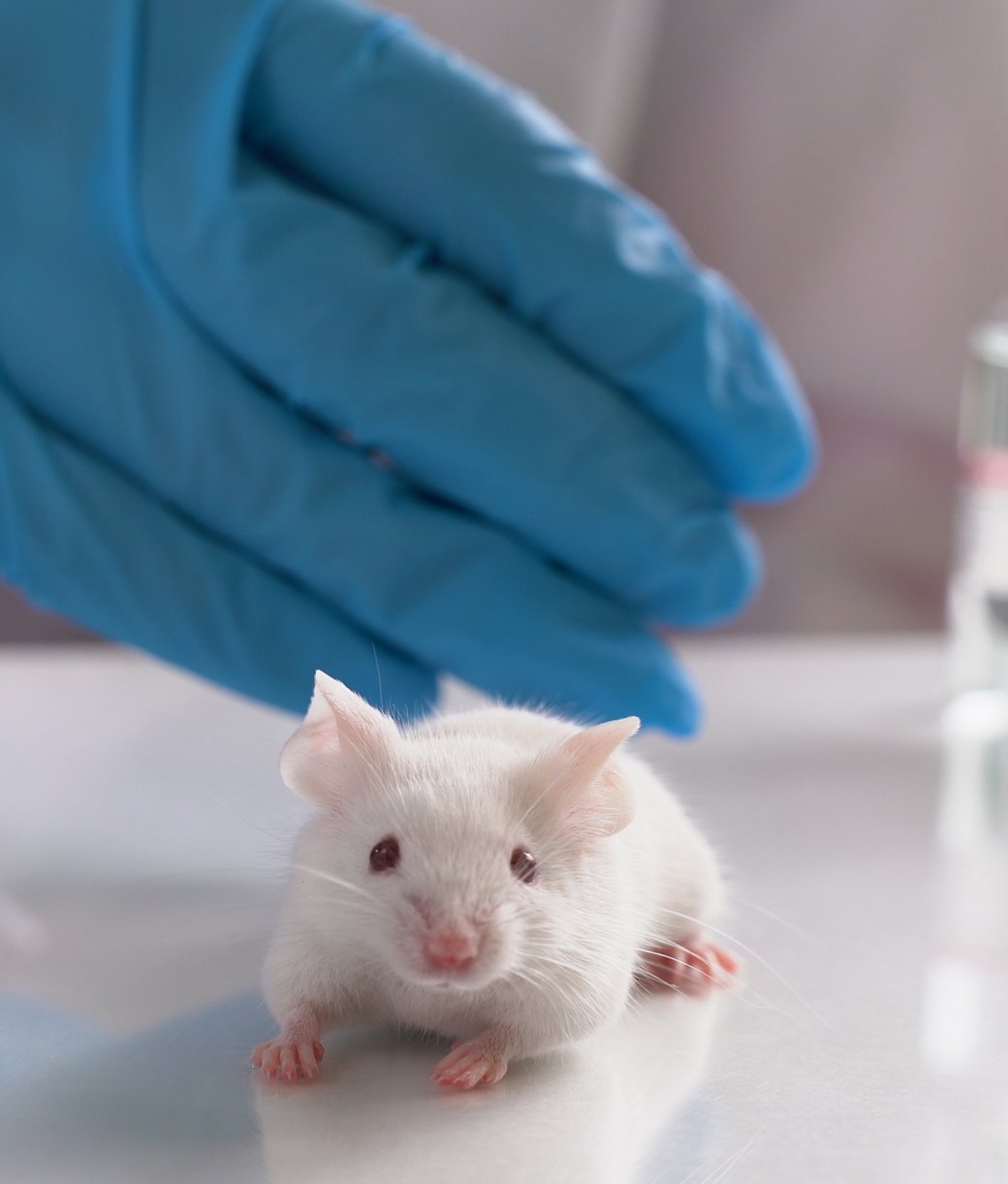

.jpg)

.jpg)




